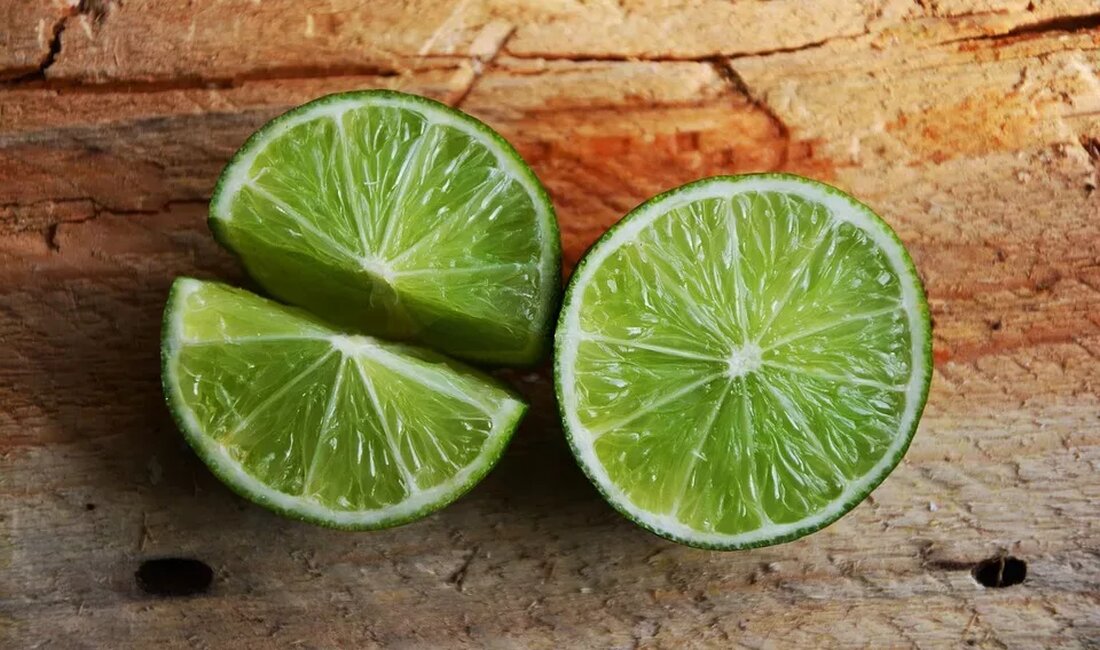Vitamin K2 and Bone Health: The Missing Link
Vitamin K2 and Bone Health: The Missing Link Vitamin K2 is an essential nutrient that is often overlooked when it comes to the health and strength of our bones. It plays an important role in maintaining bone density and can help reduce the risk of osteoporosis and other bone diseases. In this article, we'll take a closer look at the connection between vitamin K2 and bone health and explain the role of this important vitamin in supporting our bones. What is Vitamin K2? Vitamin K2 belongs to the family of fat-soluble vitamins and is also known as menaquinone. It is a natural form of the vitamin...

Vitamin K2 and Bone Health: The Missing Link
Vitamin K2 and Bone Health: The Missing Link
Vitamin K2 is an essential nutrient that is often overlooked when it comes to the health and strength of our bones. It plays an important role in maintaining bone density and can help reduce the risk of osteoporosis and other bone diseases. In this article, we'll take a closer look at the connection between vitamin K2 and bone health and explain the role of this important vitamin in supporting our bones.
What is Vitamin K2?
Vitamin K2 belongs to the family of fat-soluble vitamins and is also known as menaquinone. It is a natural form of vitamin K that occurs in two main forms: K1 (phylloquinone) and K2 (menaquinone). While vitamin K1 is particularly important for blood clotting, vitamin K2 has a crucial function in regulating calcium metabolism and bone health.
Why is vitamin K2 important for bone health?
The connection between vitamin K2 and bone health lies in the vitamin's role in activating proteins responsible for calcium transport and storage in bones. One such protein is the so-called osteocalcin. Vitamin K2 activates osteocalcin by binding to the protein and helping it bind calcium to bones and increase bone density. This strengthens bones and reduces the risk of fractures and osteoporosis.
In addition, vitamin K2 helps inhibit calcium deposition in the arteries and can thus reduce the risk of cardiovascular disease. It supports artery health by preventing calcium deposits that can lead to hardening of the arteries.
Sources of vitamin K2
Vitamin K2 is found in some foods, but not in the same amount as vitamin K1. The best sources of vitamin K2 are fermented foods like natto, a Japanese specialty made from fermented soybeans. One serving of natto can contain up to 1000 micrograms of vitamin K2. Other sources of vitamin K2 include fermented cheese, fermented vegetables such as sauerkraut and kimchi, liver, egg yolks and grass-fed butter.
Risk factors for vitamin K2 deficiency
A vitamin K2 deficiency can lead to bone health problems. There are several risk factors that can lead to deficiency, including:
1. Inadequate intake of foods rich in vitamin K2, especially on a vegetarian or vegan diet.
2. A disturbed intestinal flora that impairs the conversion of vitamin K1 from food into vitamin K2.
3. Impaired fat absorption, as vitamin K2 is a fat-soluble vitamin and therefore requires adequate fat intake to absorb it.
If one or more of these risk factors are present, it may be prudent to consider vitamin K2 supplements to ensure needs are met and bone health is optimally supported.
FAQs
1. What is the difference between vitamin K1 and K2?
Vitamin K1 is primarily important for blood clotting, while vitamin K2 plays a crucial role in regulating calcium metabolism and bone health.
2. Which foods contain vitamin K2?
The best sources of vitamin K2 are fermented foods such as natto, fermented cheese, fermented vegetables, liver, egg yolks and grass-fed butter.
3. How much vitamin K2 should you consume daily?
There is no specific recommended daily allowance for vitamin K2. However, a balanced diet rich in foods rich in vitamin K2 should be enough to meet requirements.
4. Is it useful to take vitamin K2 supplements?
For people at high risk of vitamin K2 deficiency, such as vegans or vegetarians, taking vitamin K2 supplements may be useful to ensure needs are met.
5. Are there any side effects from taking vitamin K2 supplements?
Vitamin K2 supplements are generally well tolerated, but caution should be exercised when taking high doses. It is recommended to consult a doctor before taking any supplements.
Conclusion
Vitamin K2 plays a crucial role in maintaining bone health and preventing bone diseases such as osteoporosis. Eating a balanced diet with foods rich in vitamin K2 and optimizing risk factors for vitamin K2 deficiency can help improve bone health. If necessary, vitamin K2 supplements may be considered to ensure daily requirements are met. However, it is important to consult a doctor before taking such supplements.

 Suche
Suche
 Mein Konto
Mein Konto
